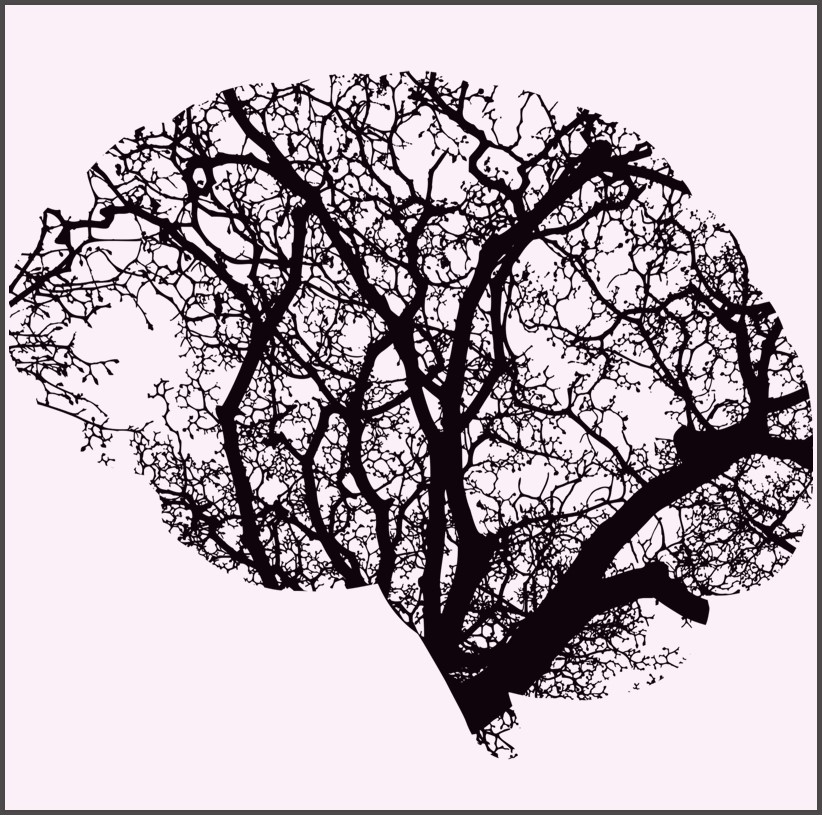
1) Definition
Brain Health is used to describe how well a brain is functioning, and it is also used as a synonym for mental health. Whether or not a brain is healthy is mainly measured through behavior, which can be the ability to cope with normal life situations, and also the performance on computerized tasks. Scans such as Magnetic Resonance Imaging (MRI) or electroencephalography (EEG) can sometimes be used to investigate brain health, but only in specific situations such as to identify epilepsy, brain tumors or large-scale loss of neurons.
2) Description
What is brain health?
How do you know if someone has a healthy brain? That is not such a simple question to answer. Most commonly, a healthy brain means the absence of dysfunction. So, if you do not have any mental health disorder or neurological disease, you are likely to have a healthy brain. Someone with a healthy brain or good mental health can cope with normal life situations and experiences a general sense of well-being and ability to contribute to society. However, we should be careful not to confuse mental health with happiness or easily sailing through life and always being in control. People with a healthy brain can be sad, unwell, angry or unhappy [1]. A healthy brain is also not the same as a high IQ or good memory (although a sudden drop in IQ or memory performance can signify that something is wrong).
Taking care of your brain
In general, taking good care of your brain health is very similar to taking good care of your body:
- exercise regularly
- eat healthily
- sleep enough
- limit stress.
Cognitive functions such as memory, switching between tasks, inhibiting automatic responses and logical reasoning can also be (slightly) improved through regular practice. In some ways you can see your brain as a muscle: using your brain is the best way to keep it fit.
Food for brain health
Like the rest of the body, the brain needs nutrients in order to function. A healthy, balanced diet is the best way to ensure that your brain receives all the essential nutrients it needs. The Mediterranean diet is an example of such a healthy diet. This diet includes high amounts of fruits, vegetables, legumes, whole grains, nuts and virgin olive oil, which contain the fats, vitamins and minerals that your brain needs. Regular consumption of fatty fish (i.e. once a week) is also part of this diet. Fatty fish such as salmon, mackerel, herring, anchovies and sardines contain high amounts of omega-3 fatty acids. These so-called ‘good fats’ are essential for normal brain functioning [2]. For those who do not eat fish, flax seeds are also a very good source of these fats.
The Mediterranean diet has been linked to having a lower risk of Alzheimer’s disease and depression [3] [4]. However, most of the studies that investigated these links are based on observations: people that reported eating according to the Mediterranean diet turned out to be less often diagnosed with Alzheimer’s or depression compared to people who reported other diets. There could however be many factors that explain this difference, such as socioeconomic factors and genetics. In Eat2beNICE we are investigating the effects of the Mediterranean diet in a clinical trial that is looking into the causal links between the diet and mental health.
Nutrient supplements and vitamins for brain health
In addition to diet it can sometimes be beneficial to take nutrient supplements of vitamin pills. But if you have no mental health problems and are eating healthy, taking supplements is unlikely to boost your brain health a great deal. For people with mental illnesses, on the other hand, certain supplements may be beneficial in certain cases [5]. However, before we can prescribe nutrient supplements to people with mental conditions on a large scale, we first need to better understand the mechanisms through which these supplements can influence the functioning of the brain. That can help to decide who can benefit from which type of supplement or vitamins. In the Eat2beNICE research consortium, we are therefore investigating a broad range of supplements as an additional treatment for people with high impulsivity (ADHD, bipolar disorder).




